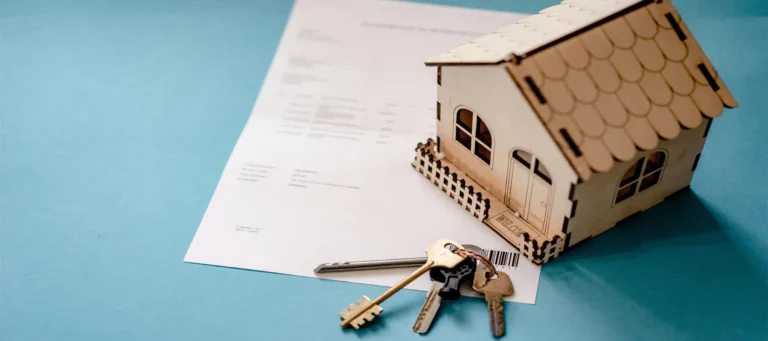“This was signed before a notary—it has public faith.”
Sound familiar? You’ve probably heard it before, but do you really know what notarial public faith means? What legal power does it hold? Does it protect you? Are there limits?
At Legal Allies, we explain this every day—especially to foreigners signing key documents like powers of attorney, wills, or property sale agreements—who want to understand the true legal value of that notarial stamp.
Here’s a clear breakdown of what notarial public faith is, its legal effects, and why it makes all the difference between an ordinary document and one with full legal force.
What Is Notarial Public Faith?
Notarial public faith is a legal presumption of truth attached to documents executed before a notary in Spain.
Put simply: whatever a notary certifies in a document is presumed true before any authority, court, or third party—unless someone proves otherwise (which is extremely difficult).
Think of it as the legal equivalent of saying: “This is official, legal, valid, and State-recognized.”
What Does Notarial Public Faith Guarantee?
When a document carries notarial public faith, it ensures:
1. Verified identities of the signatories
The notary checks ID documents (DNI, NIE, or passport) and confirms the legal capacity of the people involved.
2. Genuine consent and understanding
The notary explains the content and ensures that all parties understand it. If there’s any sign of fraud, pressure, or lack of understanding, the notary won’t proceed.
3. Legality and validity of the content
The notary checks that the clauses comply with the law. They won’t authorize anything illegal or unfair.
4. Full legal enforceability
A notarial deed can be enforced directly (e.g., in case of debt), entered into public registries, and accepted in court without needing further proof.
What Documents Carry Notarial Public Faith?
- Public deeds (sales, inheritance, company formation, etc.)
- Powers of attorney
- Notarial wills
- Notarial records (e.g., statements, presence, demands)
- Prenuptial agreements
- Legalization of private documents
In all these cases, public faith protects both the parties and third parties who rely on the document.
What Public Faith Does Not Cover
Despite its strength, notarial public faith has boundaries:
- It doesn’t verify the factual truth of what parties declare (e.g., if someone lies about their marital status, the notary records it but doesn’t investigate).
- It doesn’t replace judicial authority. Notaries don’t resolve disputes—they just certify legality.
- It doesn’t apply to events the notary did not witness (like conversations they weren’t present for).
Why Is Notarial Public Faith So Important?
Because in Spain’s legal system, a document signed before a notary:
- Is presumed truthful by default.
- Is valid in court without needing extra proof.
- Is enforceable—no need for prior legal proceedings.
- Can be entered in public registries (Land, Commercial, Civil, etc.).
Bottom line: a document with notarial public faith carries more legal weight than any private contract or uncertified paper.
What’s the Value for Foreigners?
Huge value. Especially if you:
- Buy or sell property
- Grant a power of attorney
- Write a will valid in Spain
- Handle an inheritance
- Own assets listed in official registries
At Legal Allies, we explain all of this in your language, review the document before signing, and ensure your papers carry full notarial public faith—without surprises.
Real-life Examples
Ali, a Moroccan resident, granted a general power of attorney so his lawyer could manage an inheritance. Thanks to notarial public faith, that power was accepted without issue by banks, the notary, and the court.
Elena, from Venezuela, signed a private property sale contract with no notary. Years later, she faced legal trouble because the property still belonged to the previous owner. Without a public deed, she couldn’t register the sale and had to go to court.
Public faith isn’t just a formality—it’s a powerful legal shield that protects what you sign, gives legal certainty, and ensures your document is valid across Spain.
At Legal Allies, we help you prepare, review, and sign documents with full notarial public faith. We translate, explain, and guide you so you never sign anything you don’t understand—or without the legal protection you deserve.
Because a document with public faith is worth far more than just a signature.




